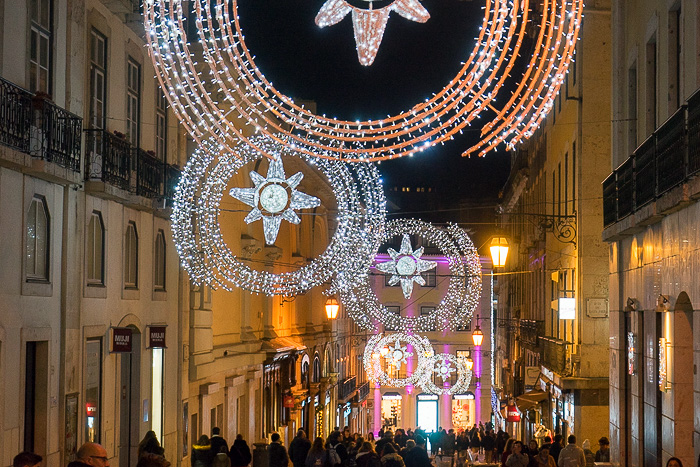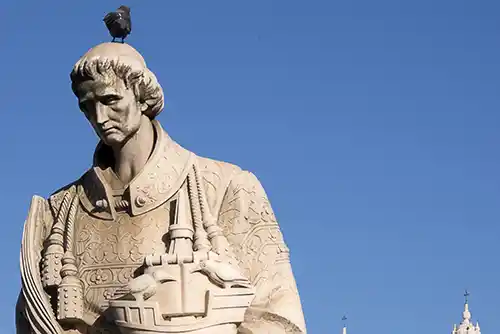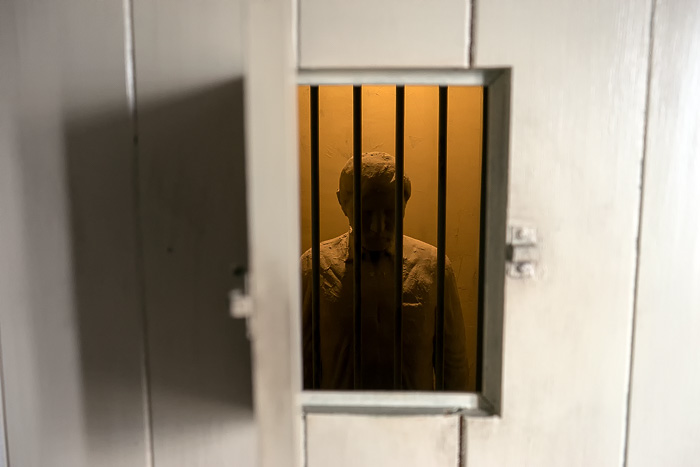A Concise History of Lisbon

As Western Europe’s oldest city, it almost goes without saying that Lisbon would have a fascinating history. This was the de facto capital of the European Age of Exploration, and has lived through both tremendous heights of wealth and power, and abysmal lows. Here’s a concise rundown of the most important events in they city’s story.
Iron Age – Neandrathals and unidentified humans are the first to populate the area around the Tagus River Basin, but the Celts were the first permanent inhabitants of what would eventually become Lisbon.
800 BC – Lisbon develops as a trading post for the Phonecians, who name it Alis Ubbo, or “Pleasant Harbor”. The town at the mouth of the Tagus is populated mainly by indigenous people, but becomes a prize for warring Phoenicians, Carthaginians and Romans.
138 BC – Following the results of the Second Punic War, the Romans take possession of Lisbon, which they name Olisipo. The town becomes an important center of commerce for the Roman Empire.
419 – Waves of barbarian invaders roll into Lisbon, after the fall of the Rome, with nothing but looting and plunder on their minds. The city is passed around like a hot potato, from the Vandals, to the Alans, to the Visigoths, to the Suevi and then back to the Visigoths. If you don’t know the difference between all those tribes, I’m sure neither did the battered inhabitants of Lisbon.
714 – Lisbon, along with most of the Iberian peninsula, is conquered by the Moors, and becomes part of the Caliphate based in Damascus. The Moors call the city al-Ushbuna, and introduce advanced irrigation techniques which help it to flourish.
1147 – King Alfonso I of the newly established Kingdom of Portugal lays siege to al-Ushbuna, eventually capturing it for Christianity. After their first few attempts were repelled, the Portuguese knight Martim Moniz helps lead the Christians to victory by physically holding the gates of the castle open, dying in the process.
1256 – With the Moorish threat subdued, Alfonso III relocates the capital of the Portuguese Kingdom to Lisbon, and the city enters a period of relative tranquility. A university is established, roads are built, and the trades prosper.

1498 – Vasco da Gama reaches India by sea, and kicks off Portugal’s golden Age of Discovery, during which Lisbon becomes one of the wealthiest cities on Earth. The arts flourish, incredible buildings like the Mosteiro dos Jerónimos are erected, and Lisbon becomes the center of a global empire.
1755 – A massive earthquake, estimated between 8.5 and 9.0, shakes Lisbon to its core, and a subsequent tsunami rolls in to finish the job. This is one of the deadliest earthquakes in history, with a death toll of up to 100,000, and it leaves the capital in ruins.
1807 – The Peninsular War breaks out, and Portugal’s royal family flees to Brazil, as Napoleon’s forces arrive in Lisbon. The French would occupy the city for four years, until the Portuguese were able to repel them with the assistance of their English allies.
1908 – While crossing the Praça do Comércio with his family, King Carlos I is assassinated along with the heir to the throne. The monarchy is ended entirely just two years later, with the establishment of the Portuguese Republic.
1974 – Fatigued by an unpopular war in the colonies, and long decades of authoritarian oppression, the military stages a coup. The people are with them, and the Carnation Revolution puts an end to the world’s longest dictatorship without a shot being fired.
1986 – Portugal officially joins the European Union and the resulting funds allow Lisbon to modernize quickly. Housing is built, slums are razed, living conditions are improved, and in 1998, the city hosts the World Expo, a source of great pride.
2017 and Beyond – With its low cost-of-living, laid-back way of life, liberal politics and rich cultural scene, Lisbon has caught fire among tourists and expats looking for the “next big thing“. It’s a financial boom for the city, but also a challenge. How Lisbon deals with rapid gentrification is anyone’s guess, but for now, the future is looking bright.
–The History of the Siege of Lisbon



